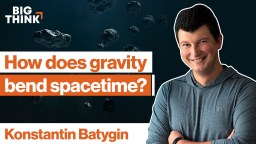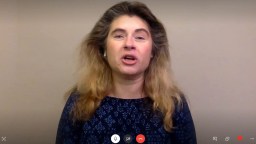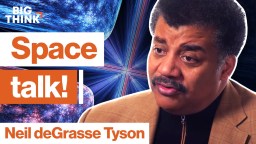Hard Science
All Stories
Researchers create a device to test a 50-year-old physics theory from the famed Roger Penrose.
By delving into the mysteries of the Universe, colliders have entered the Zeitgeist and tapped the wonders and fears of our age.
Solar geoengineering ideas could weaken storms in both hemispheres, scientists find.
It could be the most spectacular annular eclipse of the decade.
Astronomers propose new estimate of Earth-like planets in the Milky Way galaxy.
Astrophysicists calculate the likely number of civilization out there capable of communicating with us.
Your television may soon get a serious upgrade.
Ground-penetrating radar allows the non-invasive virtual excavation of Falerii Novi.
Time travel is possible, but only in one direction.
▸
3 min
—
with
Scientists think an insect similar to the modern millipede crawled around Scotland 425 million years ago, making it the first-ever land-dweller.
It’s one of the nation’s worst oil spills on record.
Or is doubt a self-fulfilling prophecy?
On Friday, the moon will pass through the Earth’s outer shadow, known as the penumbra.
How to manage your time so you can actually accomplish what you want to.
Researchers from Japan add a new wrinkle to a popular theory and set the stage for the formation of monstrous black holes.
Astrophysicist Michelle Thaller talks ISS and why NICER is so important.
▸
5 min
—
with
These Jurassic predators resorted to cannibalism when hit with hard times, according to a deliciously rare discovery.
Tyson dives into the search for alien life, dark matter, and the physics of football.
▸
14 min
—
with
A strange weakness in the Earth’s protective magnetic field is growing and possibly splitting, shows data.
You think you’ve had a day where everything that went wrong could? T. rex has you beat.
The Demo-2 mission represents a new era for American spaceflight.
Astronomers spot periodic lights coming from near the black hole at the center of our galaxy.
A fun and completely safe experiment for the family to try during quarantine.
▸
5 min
—
with
Time runs backward there. Other physicists are not convinced.
A new study discovers the likelihood of extraterrestrial life in the universe.
The Roman Space Telescope will study the expansion of the universe and search for distant planets.
Researchers devise groundbreaking new methods to create and duplicate single-atom transistors for quantum computers.





























